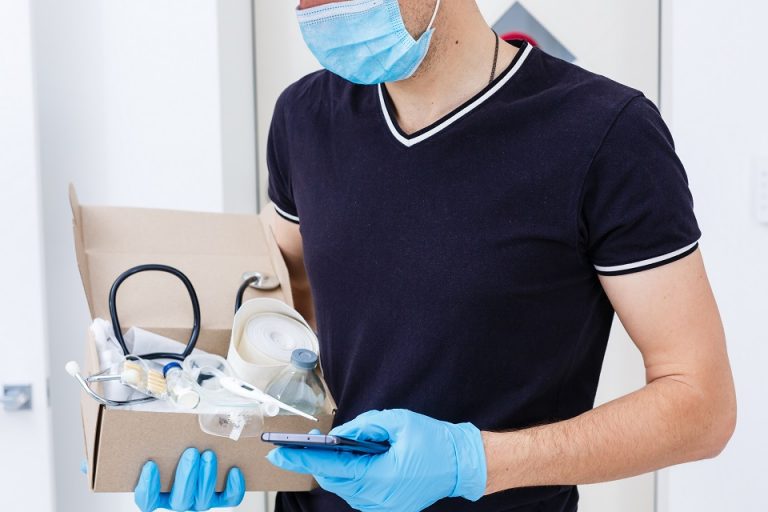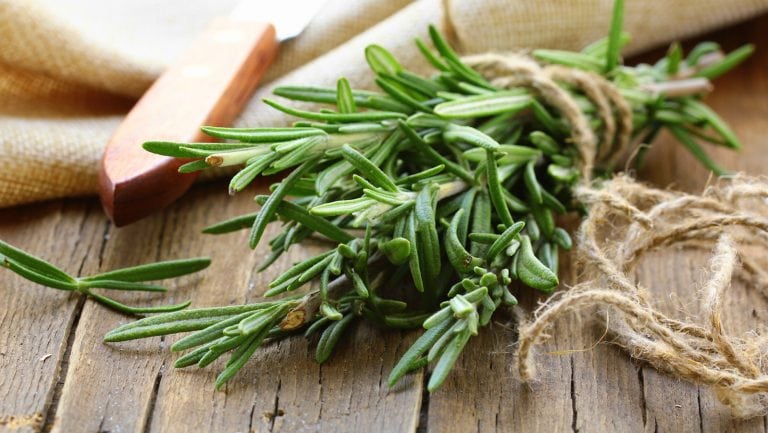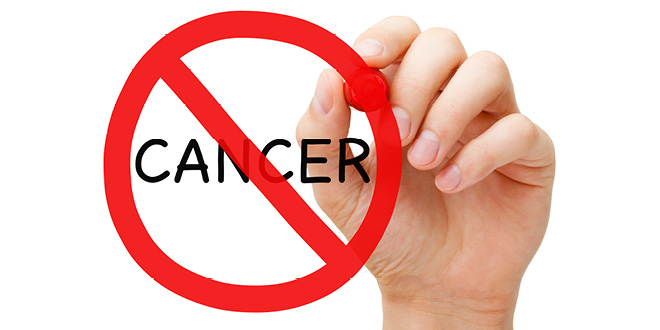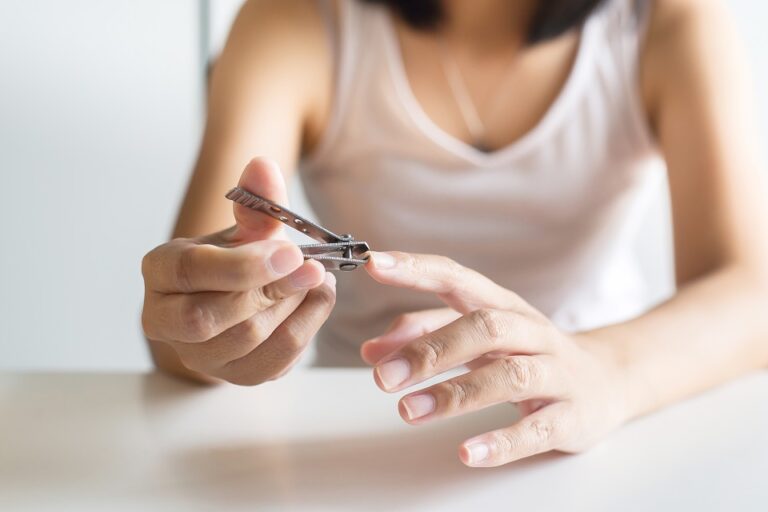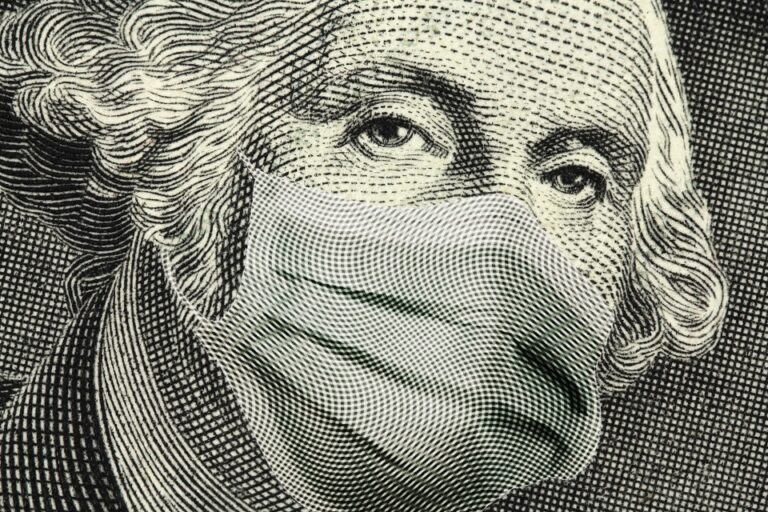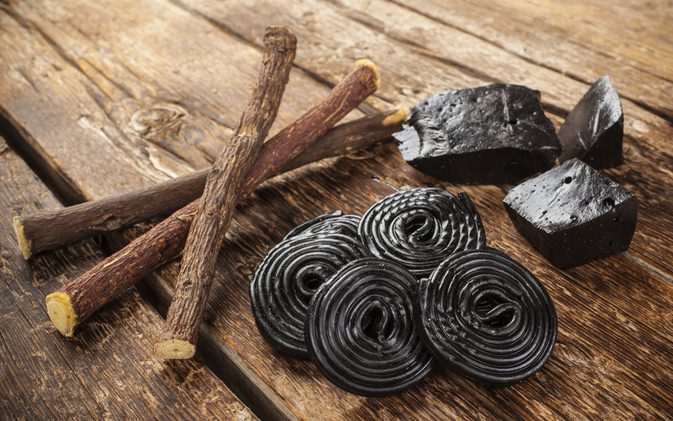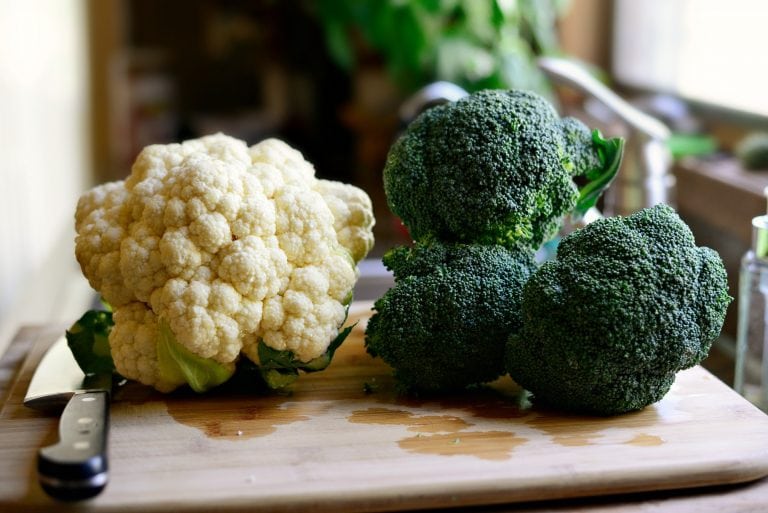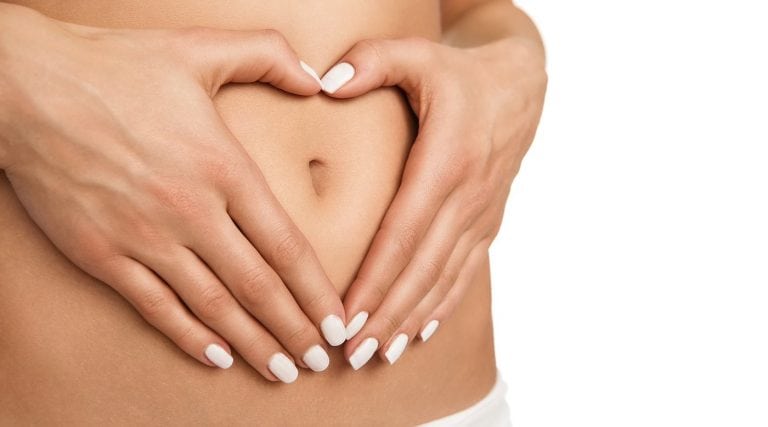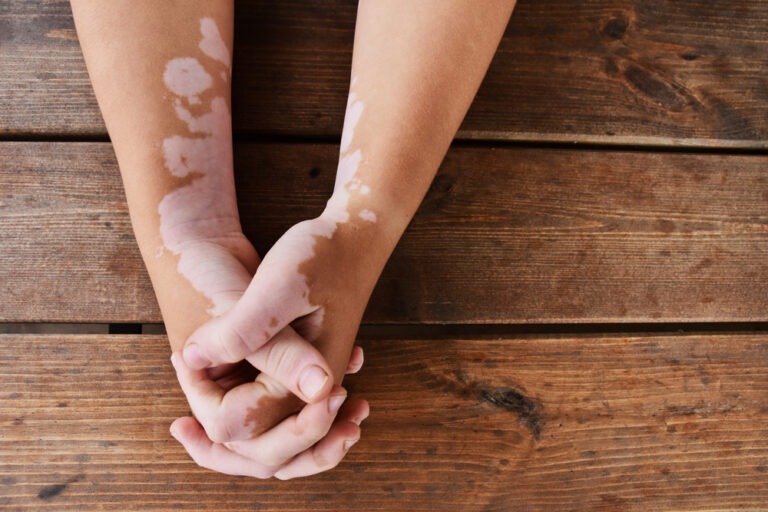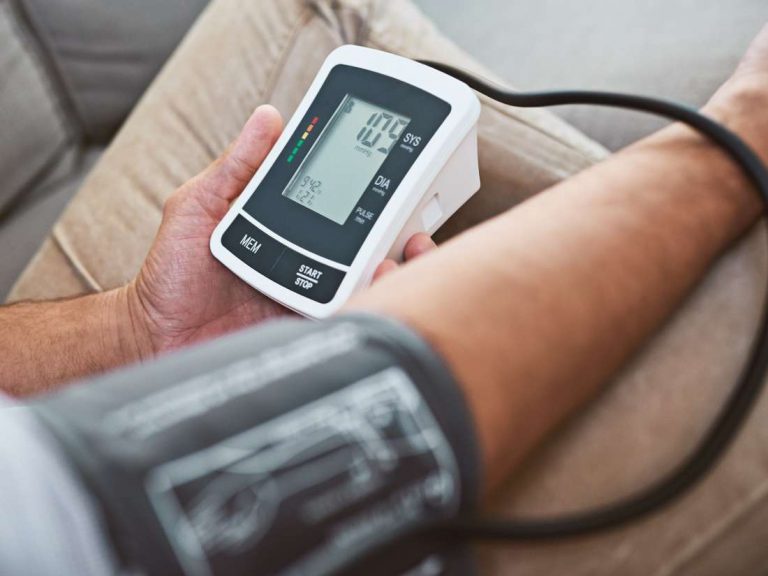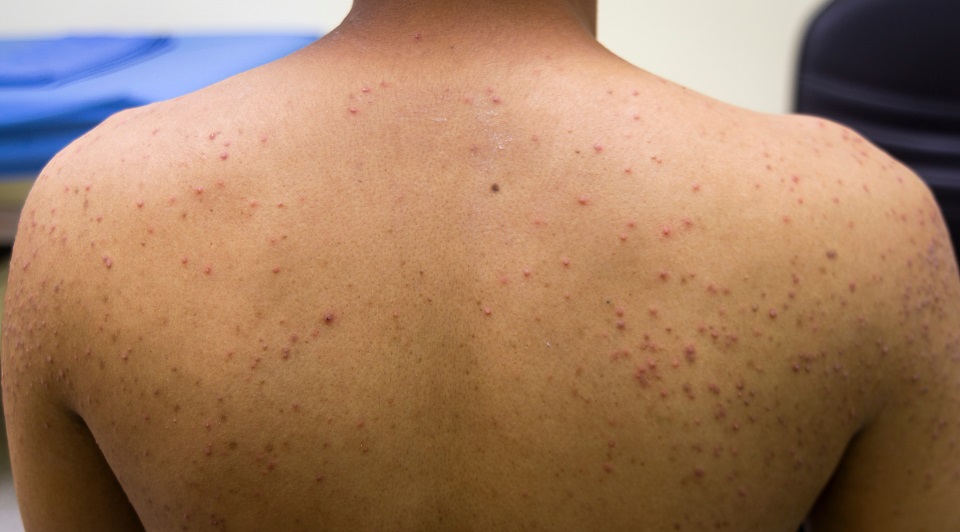
3. Bright red hair follicles
A hair follicle is actually a structure shaped like a tunnel that contains both cells and connective tissues surrounding the root of a hair. On the surface, follicles also contain blood vessels that are responsible for supplying nutrients and blood to that area.
Discovering bright red spots surrounding hair follicles is another sign of vitamin C deficiency. Low vitamin C levels can cause blood vessels to break and, as a result, bright red spots appear.
Health professionals refer to this vitamin C deficiency sign as perifollicular hemorrhage. There are endless studies and researches regarding perifollicular hemorrhage. That’s why we can strongly affirm that taking adequate amounts of vitamin C will solve the issue within two or three weeks.
4. Spoon-shaped nails
Your nails could also signal vitamin C deficiency! A concave shape or a shape that looks like a spoon is often associated with vitamin C deficiency. On top of that, your nails may also become thin and brittle with vertical lines and red spots in the nail bed.
In medical terms, this is known as splinter hemorrhage, and it is often caused by being vitamin C deficient. More importantly, you should also know that the exact same telltale signs are also associated with iron deficiency anemia.
Your doctor can determine whether or not your spoon-shaped nails with vertical lines and red spots are caused by vitamin C deficiency.



